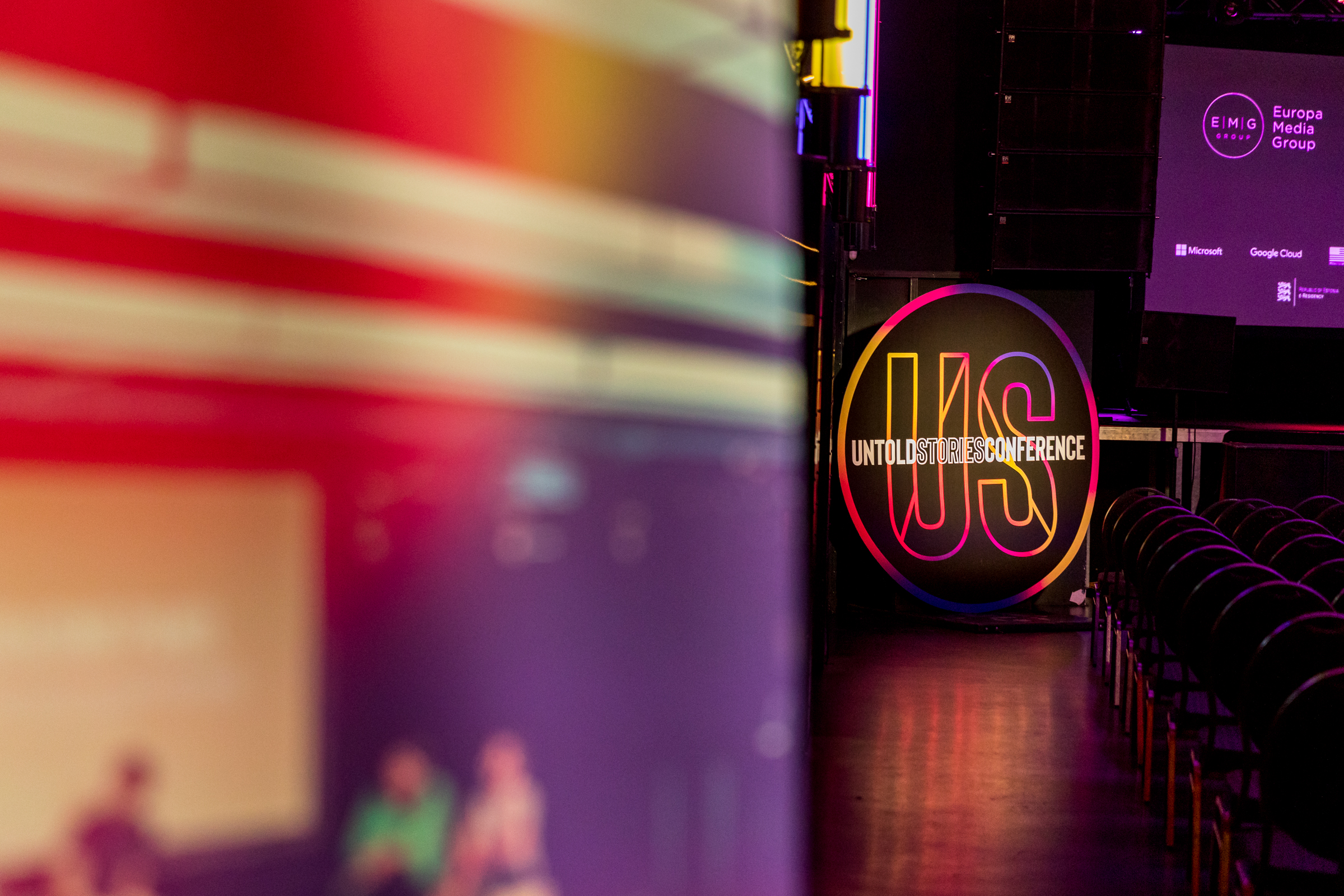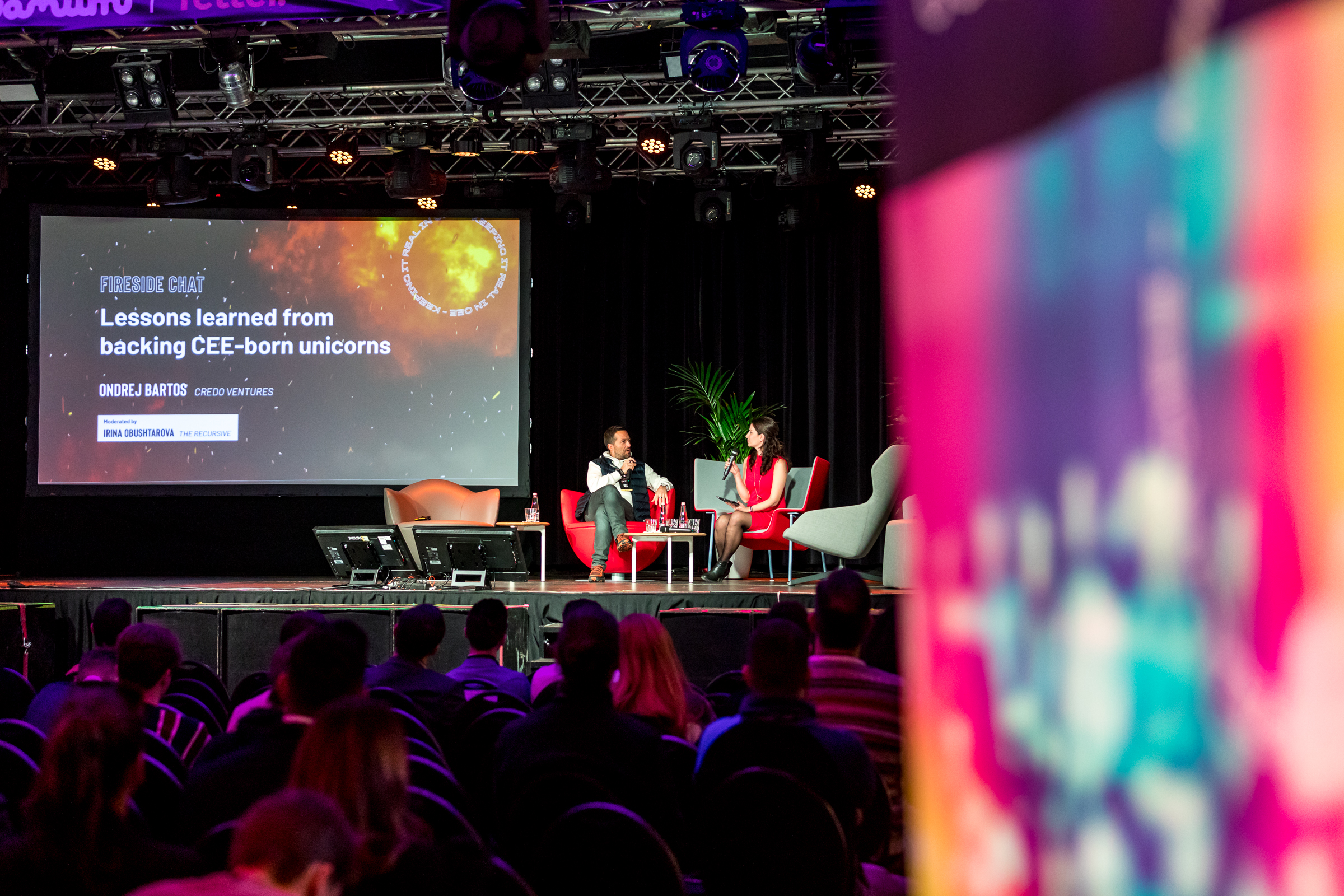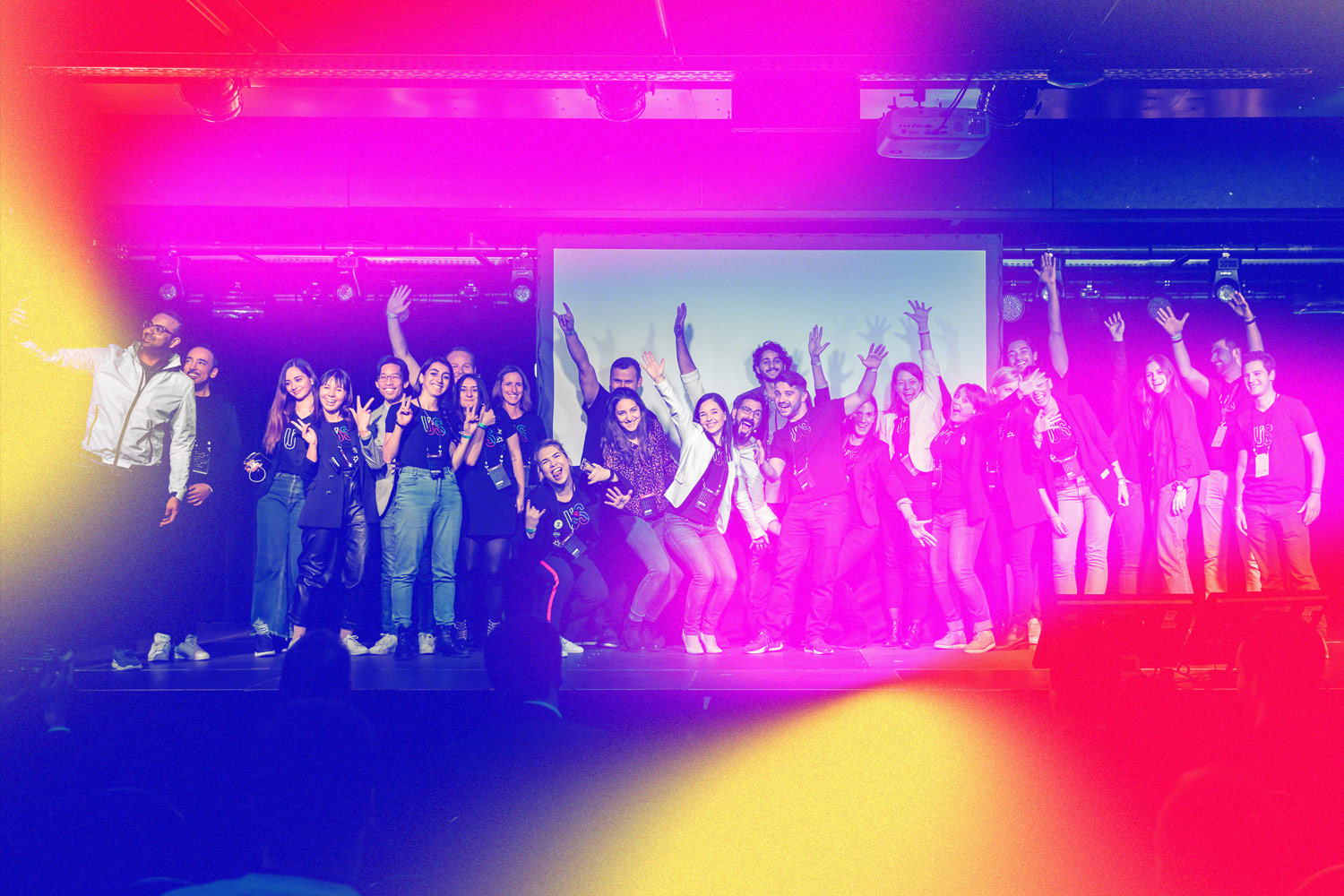In 2016, Shruti was honoured by Forbes as a 2016 30 Under 30 recipient in Retail and E-Commerce and the Aspen Institute as an Aspen Ideas Festival Scholar in re-imagining capitalism. Shruti shares with us her real-life stories, current plans and experiences from the startup scene but also she gives some gold tips for today’s entrepreneurs and startup founders
Gold Tip: Talk, and talk more, about your product idea with the people around you with zero judgements on their opinions.
Read the full interview
Q: How did you get into tech?
Shruti: I kind of fell into it I guess, I was a teacher and I was using a lot of tech tools in my classroom. And I thought it was really interesting so I ended up getting a job in California working for a fund where I was doing early-stage education technology investing. It was 2014, the beginning of the tech boom and there was a lot of early-stage capital on the market.
Q: How was the scene different compared to now.
Shruti: A lot of the capital has moved too much later stage, while there is more capital in the market a lot of it is going to the same deals that are for much later stage companies. We’ve also seen a lot of companies down the ecosystems mature. That said, there are still a lot of people starting companies but I think that the bar, at least when it comes to raise capital, has shifted a little bit. At least what an investor is expecting to see in terms of traction and growth before they are willing to invest.
Q: Your first entrepreneurial experience at Move Loot
Shruti: I started a company called Move Loot which was a marketplace for used furniture we would pick up your sofa or kitchen table that you wanted to get rid of and we would come to your house and pick it up, take it to our warehouse, photograph it, store it, sell it for you and deliver it to the buyer once sold. We raised about 15.000 $ from friends and family on an Indiegogo campaign and we were able to use that to find a warehouse in San Francisco and we started emailing people that could pick up their stuff and we would sell it for them. Sure enough, it worked!
YC was really pivotal for us, getting us to focus on specific growth metrics and to tell a growth story that was compelling to potential investors. Before YC we didn't really know what we were doing, YC really gave us that structure which ultimately was really valuable for us.
Q: Why do you think Y Combinator works so well?
Shruti: I think a lot of it is this no-nonsense and practical advice, it is not really about the 10 steps how you build a company and way more about How are you talking to customers and really getting a good understanding on who your user is? Why you are building this product? Will people pay for your product? I think it is more about following pretty intuitive philosophy around making something people actually want.
The power of YC now is also in the networks, YC founders are always going to help each other, there is very much of “paying forward” mindset which is really translated into how they support each other continuously to grow.
Q: Do you think a startup with global ambition needs to be located in Silicon Valley?
Shruti: I think it is possible to be a global company from anywhere but I do think that it is useful to spend time in the Bay Area, if possible. Build a network there, perhaps meet some investors... but if your customers are not in the Bay Area then you probably shouldn't be in the bay area. You should build your company where your customers are.
Q: What was your biggest challenge building your startup?
Shruti: There are so many! I often think that Move Loot was an incredible lesson in finding my voice, trusting my gut. One of the things I regret is that there were decisions being made with our investors about the growth strategy and there was a disconnect between the way we felt as founders that we should grow and the expectations and desires of our investors to grow. I don't think I spoke enough about that, it put us often in really difficult situations as the company continued to grow and ultimately shut down. I really wish that I had spoken out a lot more.
Q: What would you have done differently now?
Shruti: Well it really was growth, this is the way VC works, investors are expecting a return on their investments that is sizable in a pretty short period of time and they want you to grow the company as quickly as possible. In our case, we had a marketplace with infrastructure which is really a hard thing to scale quickly and that didn '́t align with the way you can grow a physical operation. I have learned in retrospect that there are many ways to grow a business and in our case, I think we had a valid argument to push back on that type of growth as it presented a challenge for us to scale a physical operation that quickly.
Q: Did you have a problem with supply and demand balance?
Shruti: Yes, we were constantly supply constrained, we never had enough stuff. We could have thousands of items that people would say that we don't have enough. But with used good, they are looking for very specific items. There is a constant balance with any marketplace of supply and demand but we generally found that the more stuff we could get on the site the more growth we saw on the demand side.
Q: And now, what are you working on?
Shruti: I joined SVB where I am an EIR (Entrepreneur in Residence) which is a fun job where I get to spend a lot of time with the US and global entrepreneurs. Where I get to do a lot of mentoring, speak at conferences and I also have time to work on my own ideas.
Now, I am in the process of working on a new idea for a new type of funding structure for companies that is an alternative for Venture Capital. It is going to be called the “Step Fund” and the goal is to align the incentives of entrepreneurs and investors towards profitability. It is revenue-based equity investment, meaning that we would make the equity investment in business and then take a certain % of the companies’ revenue over 10 years on an annual base and put it into an escrow account. In year 5, we would get our principal back and we would return a portion of the equity to the company and in year 10, we would get a multiple backs and return most of the remaining equity to the business.
Q: What do you think are the main challenges for startups coming from small markets such as Hungary?
Shruti: If you are building a local business and you ultimately see that it is having a mass-market appeal that could be global, I think you have to build it with that in mind. Otherwise, you can get a little bit pigeonholed to solving smaller problems.
In terms of access to capital, if you want to raise money in Europe for a larger business you have to think about the European market as a whole to find investment dollars that will help you grow. As the general sentiment is that the investors will want to find businesses that are after bigger market opportunities. You can build an amazing product but if the market is not there for your product it is not going anywhere.
Q: What is the key to find market opportunities?
Shruti. Talk to your customers constantly, I find it amazing how many people have ideas but haven't actually talked to 10 people that would buy the product. Often we also come up with the best ideas as we have experience and we wish that we had had something different and we build that product for ourselves.
When you talk with customers you have to go in with no judgement and you have to be prepared to hear that your product sucks. I would sit in a room where people would talk about how horrible experience they had on our website, and that's hard because of course, you want everybody to have a good experience, but that feedback is way more valuable than the one where people tell you that everything was perfect.
As an entrepreneur, you have to get really good at just gritting and bearing it. Entrepreneurs get good at hearing no and being rejected, that is part of the game of wanting to build a company. Applying that mindset when it comes to talking to customers is really important and actually getting the right feedback and using that feedback to help the business to grow.
Shruti Shah is coming to Untold Stories event in Budapest!
The first edition of Untold Stories will take place in Budapest, on 7 November and it really aims to create a global community of change-makers.
We can’t be happier to have Shruti on board with us, she will not only be sharing her own entrepreneurial experience but also, 100 selected startups will have the chance to book 1 to 1 meetings with her, receiving priceless first-hand advice and experience.
Will we see you there?
Get into the selection process simply by applying for an invitation today.



